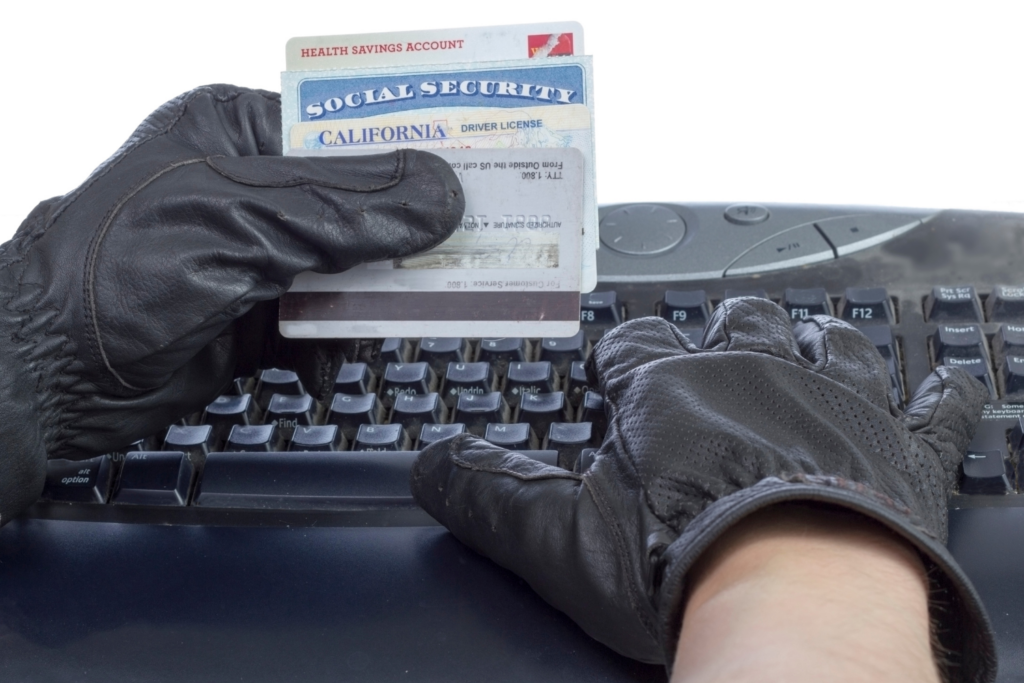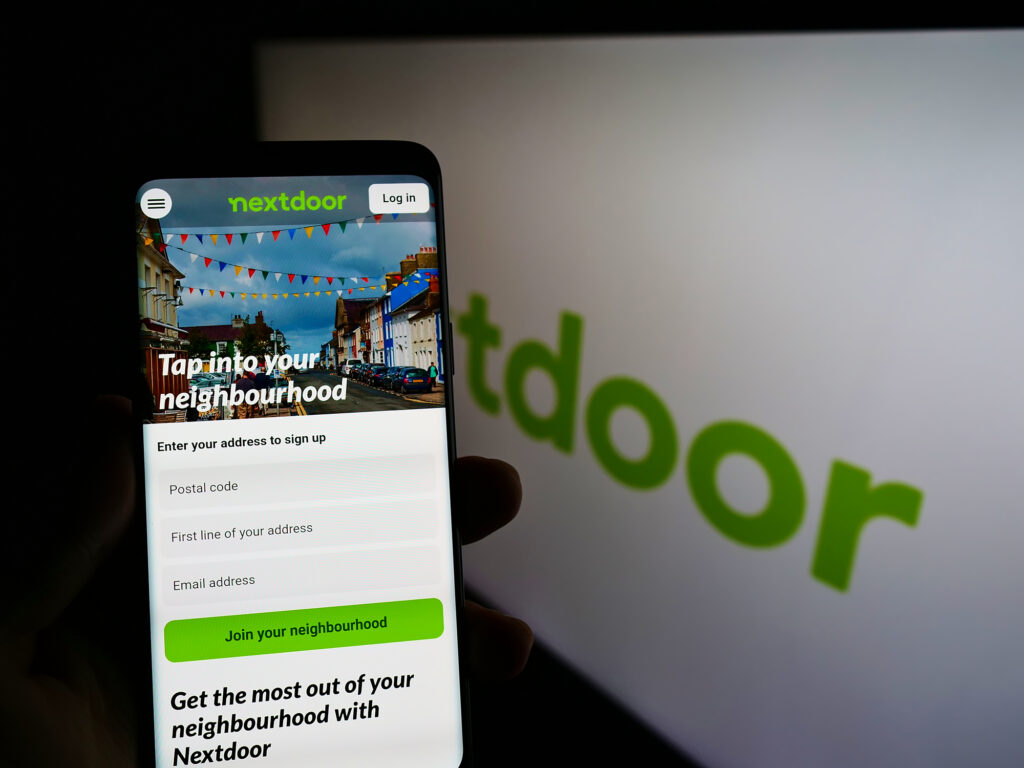
Are you in charge of organizing office events? Whether it’s a team-building activity, a holiday party, or a company-wide celebration, planning these events can be challenging.
As you navigate the world of event planning, you may face challenges like budget constraints, time limitations, and the pressure to create memorable experiences for your colleagues. That’s where this article comes in to help you save the day.
Your concerns, such as limited resources and the need to deliver exceptional experiences on a tight budget, are valid and need a solution. In this article, you will discover creative strategies to maximize your resources, negotiate better deals, and find innovative solutions to impress your colleagues while saving your organization’s money.
Contents
Set a Realistic Budget
Determining your budget upfront will help you make informed decisions, allocate resources effectively, and avoid unnecessary expenses.
Assess the scope and scale of your event. Consider factors such as the number of attendees, the venue, catering, entertainment, and any additional services you may require. Research market prices and gather quotes from vendors to understand the costs involved.
Moreover, you can use online tools and platforms like event software to make your planning and budgeting easier. It can help you save resources and make your event better. It also suggests that you think about outsourcing tasks that need special skills.
You can hire consultants, agencies, or freelancers or ask team members, volunteers, or partners to help. It can save you time and money and ensure the work is done well.
Business News Daily advises that having a clear understanding of your available budget is crucial for planning an event. Determine your desired spending limit early on and be prepared to allocate at least 10% more to account for unforeseen expenses. Since things can change, having a financial cushion is essential. Once you have a budget in place, it’s important to strategically allocate your resources.
Explore Venue Options
Consider non-traditional venues and explore unique spaces not typically associated with events. It could be a rooftop terrace, a local park, or even a renovated warehouse. These alternative venues often come at a lower price tag and can add a distinctive touch to your event.
Another cost-saving option is to choose a venue that offers in-house services. Look for locations that provide catering, audiovisual equipment, and event staff as part of their package. It can save you from hiring external vendors and potentially negotiate a better deal when bundling services together.
Moreover, according to The Boss Magazine, when organizing an event, you must ensure you have essential items like chairs, tables, and linens for your attendees and leaders. You must include rental costs in your budget if the venue doesn’t provide these items.
It’s also crucial to inquire about additional necessities such as complimentary Wi-Fi, projectors, water bottles, dining supplies, and trash bags the venue may offer.
Before finalizing any agreements or paying a deposit, ensure the venue provides you with a list of these amenities. In certain situations, if your group generates a substantial income for the venue, they might even be willing to provide specific items exclusively for free or less cost for your event.
Efficient Logistics and Equipment
It’s essential assessing your event needs and create a comprehensive checklist. Determine the equipment and resources required, such as audiovisual equipment, seating arrangements, signage, and registration materials. Having a detailed list can avoid last-minute purchases or rentals, which are often more expensive.
Explore cost-saving options for equipment. Instead of purchasing brand-new items, consider renting equipment from reliable vendors. Renting not only reduces upfront costs but also saves you from the hassle of storing and maintaining equipment after the event.
Additionally, optimize your logistical planning to minimize transportation and setup costs. Plan the event at a location that is easily accessible for attendees, reducing travel time and transportation expenses. Coordinate with vendors and suppliers to schedule deliveries and setups efficiently, ensuring a smooth flow of operations.
Online Group Food Ordering
When it comes to office events, providing food for attendees is a priority. However, ordering food for a large group can be a logistical and financial challenge. That’s where online group food ordering can be a game-changer. By leveraging platforms like DoorDash, you can simplify the process while saving costs.
According to CaterCow, ordering food online can avoid the hassle of coordinating pickups or deliveries from multiple restaurants. The food will be conveniently delivered to your office, saving you time and effort.
You can explore a wide range of options available at your disposal. When you opt for a DoorDash group order, you are provided with different restaurant options catering to different tastes and budgets.
Additionally, it allows you to take advantage of special deals, discounts, and promotions offered by partnering restaurants or delivery platforms. It can help you maximize your budget and potentially save on overall food expenses.
Simplify Event Communication
Utilize digital communication tools instead of relying solely on emails or phone calls. Leverage technology to centralize event information and keep everyone in the loop. Use collaboration platforms, project management tools, or event management software to share updates, schedules, and essential details. It not only saves time but also ensures that information is easily accessible for everyone involved.
Create a dedicated event communication channel. Whether it’s a group chat, a shared document, or a communication app, having a designated space for event-related discussions allows quick and efficient communication among team members. It also helps in keeping track of conversations, decisions, and deadlines.
Additionally, establish clear communication protocols. Define roles and responsibilities, and ensure everyone knows who to contact for specific event-related inquiries. Setting expectations and providing clear guidelines can prevent miscommunications and delays.
Creative Marketing and Sponsorship
Reach out to companies that align with the theme or purpose of your event and propose a mutually beneficial partnership. They may be willing to provide products, services, or even financial support in exchange for exposure and brand recognition.
Consider creative marketing tactics. Utilize social media platforms, email newsletters, or your organization’s website to promote the event. Engage attendees and build excitement by sharing teasers, behind-the-scenes content, and interactive elements. Encourage attendees to share the event on their social media platforms, creating organic buzz and expanding your reach without additional costs.
Additionally, leverage your existing networks. Reach out to colleagues, clients, and industry connections to explore potential sponsorship opportunities. They may have access to resources, discounts, or expertise that can enhance your event while reducing expenses.
Moreover, offer sponsorship packages to interested companies or organizations. These packages can include various benefits such as logo placement, promotional materials, or exclusive branding opportunities. Be creative in designing packages that provide value to sponsors while aligning with their marketing objectives.
However, according to Indeed, before getting sponsors involved, you must do your homework and research them carefully. When reaching out to them, maintain a systematic approach and encourage their assistance. Once a sponsor agrees to support your event, it’s crucial to keep them updated and reassure them that the planning is progressing smoothly.
Effective event planning requires creativity, resourcefulness, and strategic thinking. By implementing these saving tips, you can confidently navigate the challenges of event planning and deliver exceptional experiences for your colleagues.
Take the lead in organizing office events that are both memorable and cost-effective. Your colleagues will appreciate your efforts, and your organization will benefit from the positive impact of well-executed and budget-conscious events.




